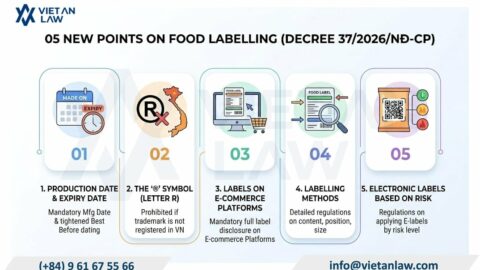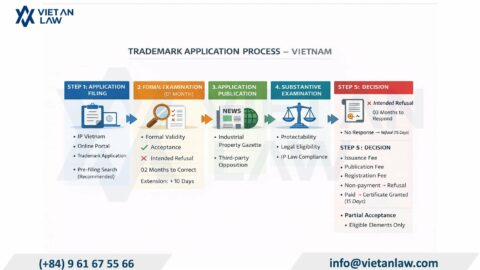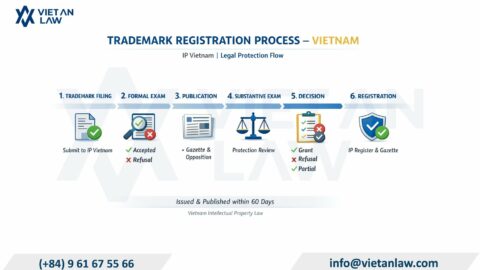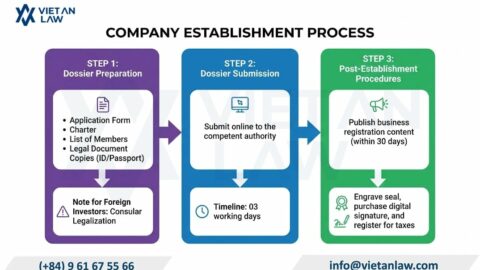Indonesia possesses many advantages to develop various types of industrial designs in several sectors based on resources, culture, and market demand. Indonesia has a diverse culture with many famous traditional craft villages such as batik, wood carving, silverware, ceramics, rattan and bamboo weaving… The creation of industrial designs in this field contributes to improving the aesthetic value, quality and uniqueness of these products, making a difference in the domestic and international markets. Indonesia is one of the major garment manufacturing centers in the world, with an abundant and highly skilled workforce. The creation and development of unique, innovative fashion designs, combining tradition and modernity will help Indonesian fashion brands affirm their position and expand the market. The demand for household appliances and furniture in Indonesia is increasing thanks to the growth of the middle class and rapid urbanization. The design of a modern, functional design that is suitable for the lifestyle and culture of Indonesians will bring a competitive advantage to products in this field. Therefore, more and more businesses and individuals want to register industrial designs in Indonesia, Viet An Law will guide customers through the article below.

Table of contents
In Indonesia, an industrial design is defined as:
“Creativity in shapes, configurations, or combinations of lines or colors, or lines and colors, or combinations thereof, in three-dimensional or two-dimensional form, create an aesthetic impression and can be used to produce products, goods, industrial products, or handicrafts.
In simpler terms, industrial design refers to the aesthetic or decorative aspect of a product that can be replicated by industrial means. It can be two-dimensional (like patterns, lines, or colors) or three-dimensional (like the shape or surface of an item).”
Novelty: The design must be new, which means that it has not been disclosed to the public anywhere in the world before the filing date. This includes disclosure through publication, use, or any other medium.
Distinctiveness: The design must be distinctive, which means that it creates an overall impression that is different to the knowledgeable user compared to any previous design. This means that the design is not just a variation of the existing design, but must have unique and distinguishable characteristics.
Industrial applicability: The design must be able to be mass-produced or replicated by industrial means. This means that the design must be technically feasible to produce and not just a theoretical concept.
No functionality: The design is not decided solely by technical or functional considerations. While a design may have functional aspects, its aesthetic characteristics should be the primary focus of the registration.
Not contrary to public order or morality: The design must not be contrary to public order or morality. This means that the design must not be offensive, obscene, or promote violence or discrimination.
Two-dimensional designs: e.g. patterns, lines or colors applied on the surface of the product; textile designs, patterns on wallpaper, graphic designs on packaging.
Three-dimensional design: e.g. the shape or configuration of the product or the shape of the bottle, seat or body.
Combining two-dimensional and three-dimensional designs: design examples combine both the surface pattern and the shape of the product, or patterned fabrics are used to upholster chairs, bottles have unique shapes, and label designs.
DGIP eSearch
This is the official online database of the Indonesian General Office of Intellectual Property (DIP). Users can search for registered industrial designs using keywords, application number/registration number, applicant/owner name, or Locarno Classification.
ASEAN DesignView
It is a regional database that allows users to search for industrial designs registered in ASEAN member states, including Indonesia.
DesignView
It is a global database maintained by the World Intellectual Property Organization (WIPO) that provides access to design data from participating offices around the world, including Indonesia.
Application Fee: IDR 400,000
Degree fee (after appraisal and approval): IDR 500,000
Extension fee (every 5 years):
If you wish to file an application for industrial design registration in Indonesia, please contact Viet An Law Firm for the most effective support.




